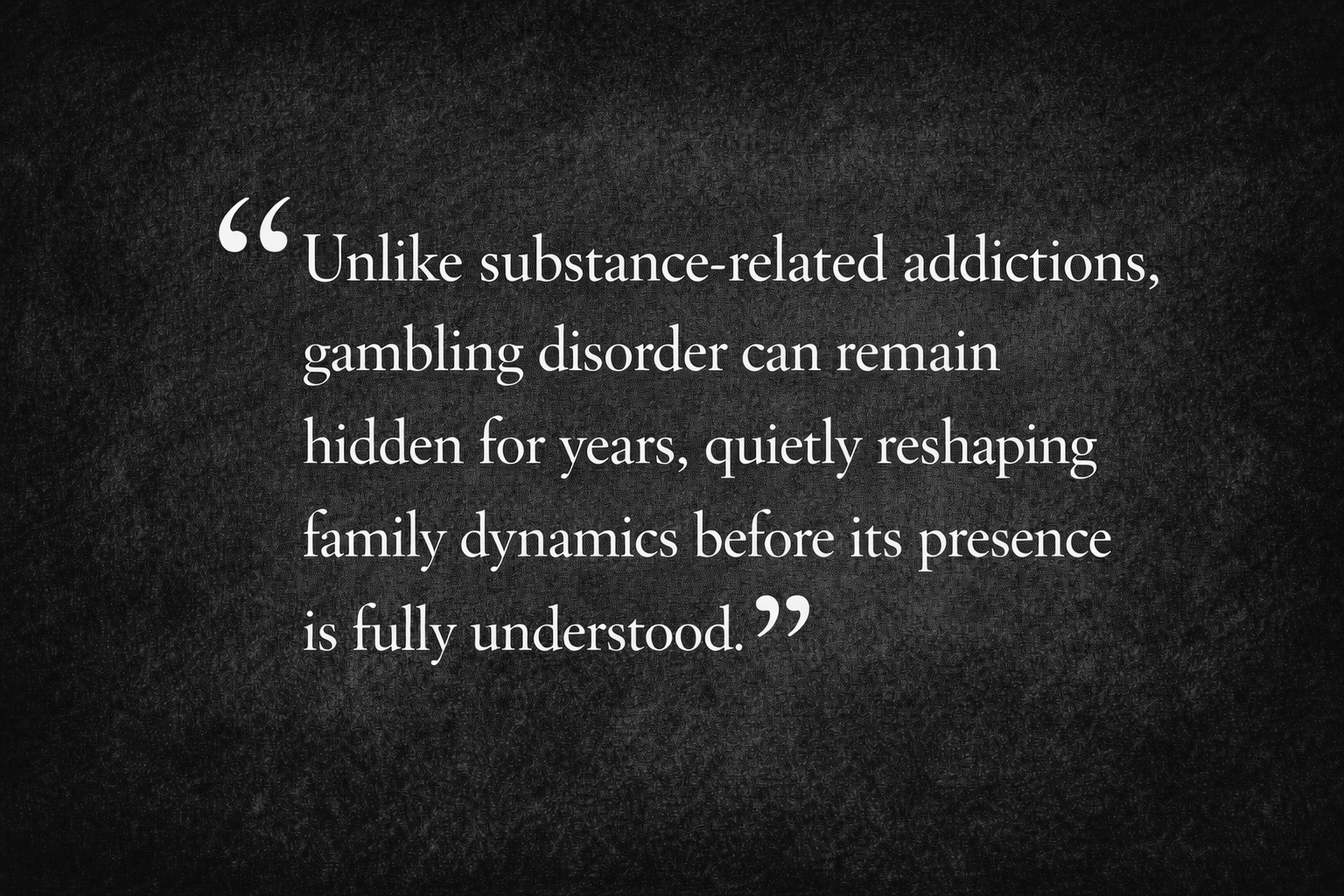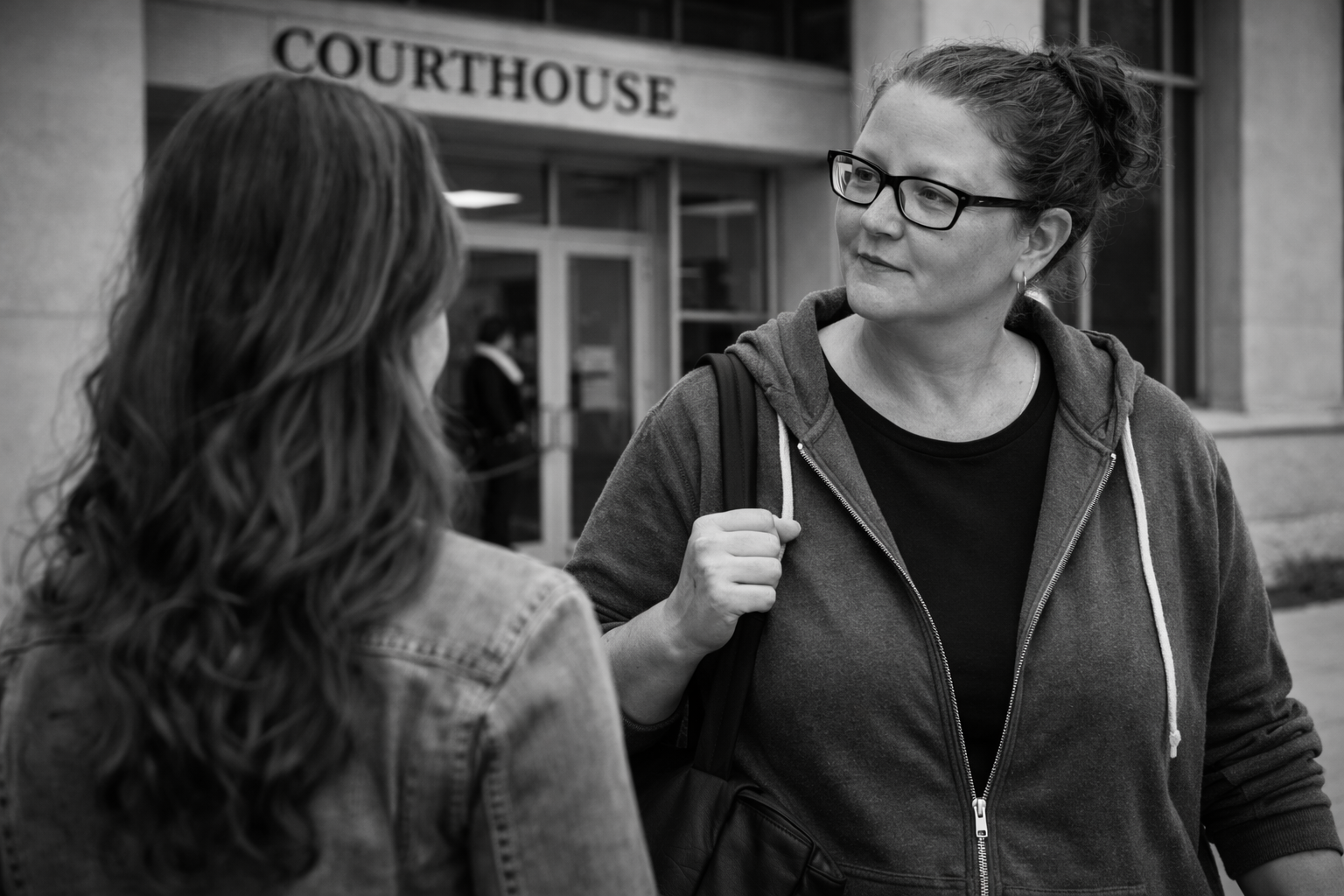Recovery is possible—even when depression tries to pull you back.

October is Depression Awareness Month—a reminder that mental health is just as important as physical health, and that depression often shows up alongside substance use disorder (SUD). For many people, the two are closely connected. Depression can drive someone to alcohol or drugs as a way to cope, while substance use can deepen symptoms of depression.
For those in recovery, depression can feel like a heavy weight that makes each step forward harder. The important thing to remember is this: you can stay strong in your recovery even during seasons of depression.
Recognizing the Warning Signs of Depression
Depression looks different for everyone, but here are some common signs to be aware of:
- Persistent sadness or hopelessness
- Loss of interest in activities you once enjoyed
- Changes in appetite or sleep (too much or too little)
- Low energy or constant fatigue
- Difficulty concentrating or making decisions
- Withdrawing from friends or loved ones
- Feelings of guilt, worthlessness, or shame
- Thoughts of death or suicide
If you notice these symptoms lasting more than two weeks—or if they interfere with your daily life—it’s important to reach out for help.
How to Stay Strong in Recovery During Depression
- Stick to your recovery routine. Meetings, therapy sessions, and support groups provide structure and connection that depression often tries to strip away.
- Lean on your support system. Don’t isolate—reach out to a sponsor, counselor, or trusted friend. Talking about what you’re experiencing can reduce the power of depression’s voice.
- Prioritize small acts of self-care. Simple things like getting outside for fresh air, eating balanced meals, or practicing good sleep hygiene can strengthen both recovery and mood.
- Be open to professional help. Depression and SUD are best treated together. Therapy, medication, and integrated care can make recovery more sustainable.
- Practice self-compassion. Recovery and depression are both battles worth fighting. It’s okay if progress feels slow. What matters is not giving up.
No Shame, Only Steps Forward
There is no shame in having depression, substance use disorder, or both. These diagnoses do not define you—they simply describe challenges you’re facing. What matters most is how you respond: reaching out for support, staying engaged in treatment, and taking one step at a time toward healing.
This Depression Awareness Month, let’s break the silence and stigma. If you or someone you love is struggling, know that recovery is possible, and you don’t have to do it alone.














